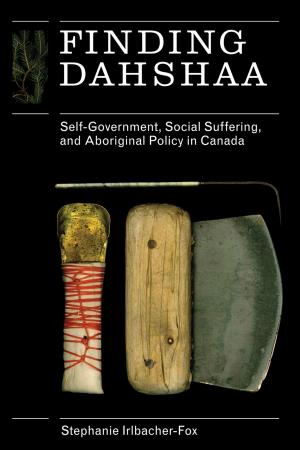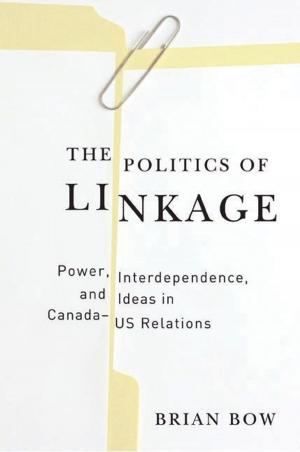Zombie Army
The Canadian Army and Conscription in the Second World War
Nonfiction, History, Americas, Canada, Military| Author: | Daniel Byers | ISBN: | 9780774830546 |
| Publisher: | UBC Press | Publication: | July 21, 2016 |
| Imprint: | UBC Press | Language: | English |
| Author: | Daniel Byers |
| ISBN: | 9780774830546 |
| Publisher: | UBC Press |
| Publication: | July 21, 2016 |
| Imprint: | UBC Press |
| Language: | English |
Zombie Army tells the story of Canada’s Second World War military conscripts – reluctant soldiers pejoratively referred to as “zombies” for their perceived similarity to the mindless movie monsters of the 1930s. As Byers argues, although conscripts were only liable for home defence, they also soon came to be a steady source of recruits for active duty overseas.
While Canadian generals were criticized for championing an overseas army too large to maintain through voluntary enlistment – inevitably leading to calls to send conscripts to Europe and a political crisis that almost tore apart the federal government – until now there has been little satisfactory explanation for why military leaders pushed for (and politicians accepted) such a sizeable overseas force.
In the first full-length book on the subject in almost forty years, Byers combines underused and newly discovered records to argue that although conscripts were only liable for home defence, they soon became a steady source of recruits from which the army found volunteers to serve overseas. He also challenges the traditional nationalist-dominated impression that Quebec participated only grudgingly in the war.
Zombie Army tells the story of Canada’s Second World War military conscripts – reluctant soldiers pejoratively referred to as “zombies” for their perceived similarity to the mindless movie monsters of the 1930s. As Byers argues, although conscripts were only liable for home defence, they also soon came to be a steady source of recruits for active duty overseas.
While Canadian generals were criticized for championing an overseas army too large to maintain through voluntary enlistment – inevitably leading to calls to send conscripts to Europe and a political crisis that almost tore apart the federal government – until now there has been little satisfactory explanation for why military leaders pushed for (and politicians accepted) such a sizeable overseas force.
In the first full-length book on the subject in almost forty years, Byers combines underused and newly discovered records to argue that although conscripts were only liable for home defence, they soon became a steady source of recruits from which the army found volunteers to serve overseas. He also challenges the traditional nationalist-dominated impression that Quebec participated only grudgingly in the war.















